—Article submitted by Heroes and Horses
September 11, 2001. The day started like every other day for Micah Fink. As a telephone pole repairman in New York City, he was starting his day halfway up a line when he watched the towers crumble in front of him. Micah ran towards ground zero and began dragging bodies out of the rubble. The next day, Micah signed up for the military and spent the next ten years as a Navy SEAL.
After almost 15 years in the Special Operations community, Micah returned home to Montana in 2012 to restart his life as a veteran. Facing challenges similar to those that so many veterans who come home from the battlefield experience, such as post-traumatic stress, depression, anxiety—Micah had to make a choice. He could either accept his fate and loss, take his diagnosis, and begin the standard treatment of drugs and talk therapy, or he could try to find his own way through. This was the moment of change for Micah. Using his relationships with horses and the rugged terrain of the Montana landscape, Micah found his purpose. The creation of an organization that focused on helping veterans like himself reintegrate back into society by creating an environment for those individuals to redefine their purpose and rediscover their inner strength. The purpose of Heroes and Horses has never been to “save veterans,” but rather to help them save themselves.
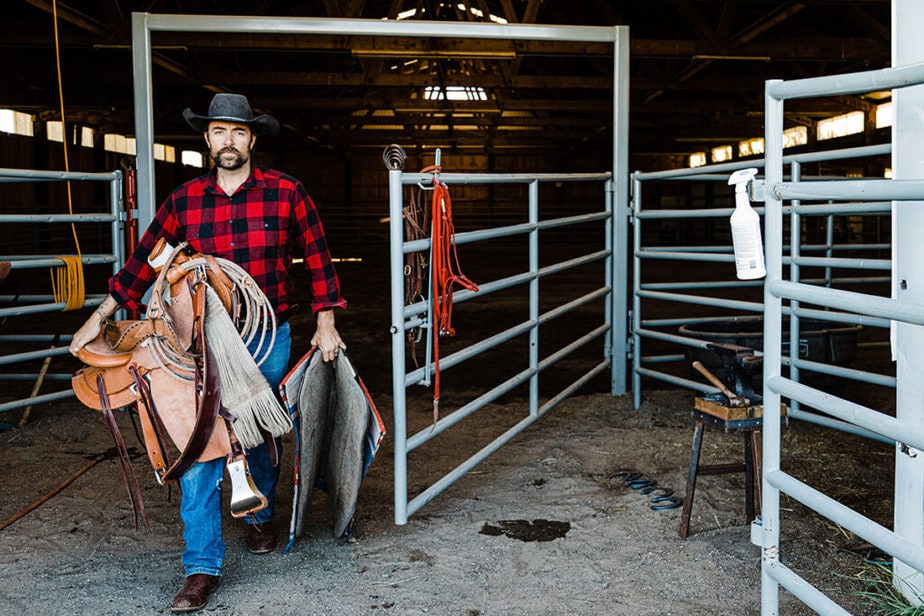
As our nation and all of humanity face a vast spectrum of issues, the significance of the impact on veterans of war cannot be understated. How is it that the suicide rates are on the rise with reports reaching 24 death a day? Since the year 2012, the United States has spent $92 Billion on over 50,000 + nonprofit organizations with military-related missions. Organizations that offer nerve blocking agents, take-home courses, online meetings, or a week-long adventure of fly fishing or skydiving. These programs are designed specifically to help veterans, yet the risk factors of suicide, unemployment, and prescription drug abuse keep rising. It seems so obvious that the current model, treatment, and reintegration programs aren’t working, but we continue feeding into them.
Our mission at Heroes and Horses is to un-program the programmed. To offer combat veterans an alternative solution for defining and approaching their physical and mental scars—a solution that does not include prescription medications or traditional psychotherapy, but rather the opportunity to use tools to redefine their purpose, rediscover their inner strength, and maximize their potential by taking ownership of their lives for the first time since leaving service.
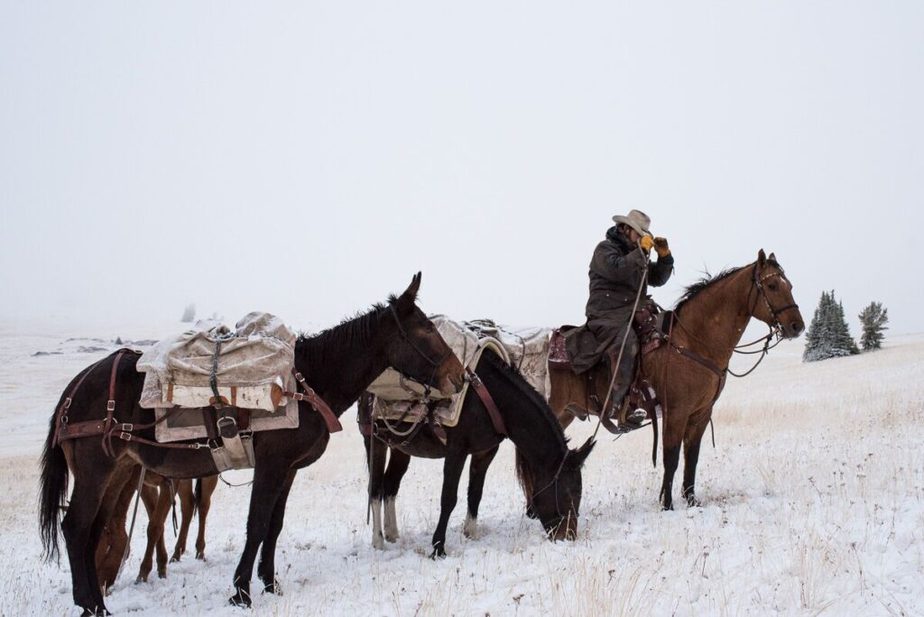
Our objective is to provide veterans the tools to thrive, find purpose, and live a life full of meaning by showing them that they already have what they need to achieve it. Over 41 days, we use a 360-degree whole human approach that combines whole food eating, mindset shifting, breathing techniques, meditation, remote wilderness treks, and working with wild horses. Our goal is to break their addiction cycle and help them realize they can stop looking for answers outside of themselves and stop outsourcing the decisions that impact their lives. The symbiotic relationship between the physical, mental, emotional, and spiritual aspects of a human must be considered if a person is to move forward in their life. We look at how everything works together holistically and create the space for a person to heal.
Heroes and Horses’ 41-day reintegration program is broken down into five core modules. These modules include equine-assisted activities, wilderness exposure, restructuring of daily habits, practical application, and post-program support. Each module provides tools and uses powerful mediums to re-center, refocus, and challenge individuals. Our program does not provide answers or define what being “normal” should look like. Rather, it provides individuals space to realize that what they have been looking for has been there the whole time. We conduct pre- and post-program assessments to test the effectiveness of the programming that makes up each of these modules.
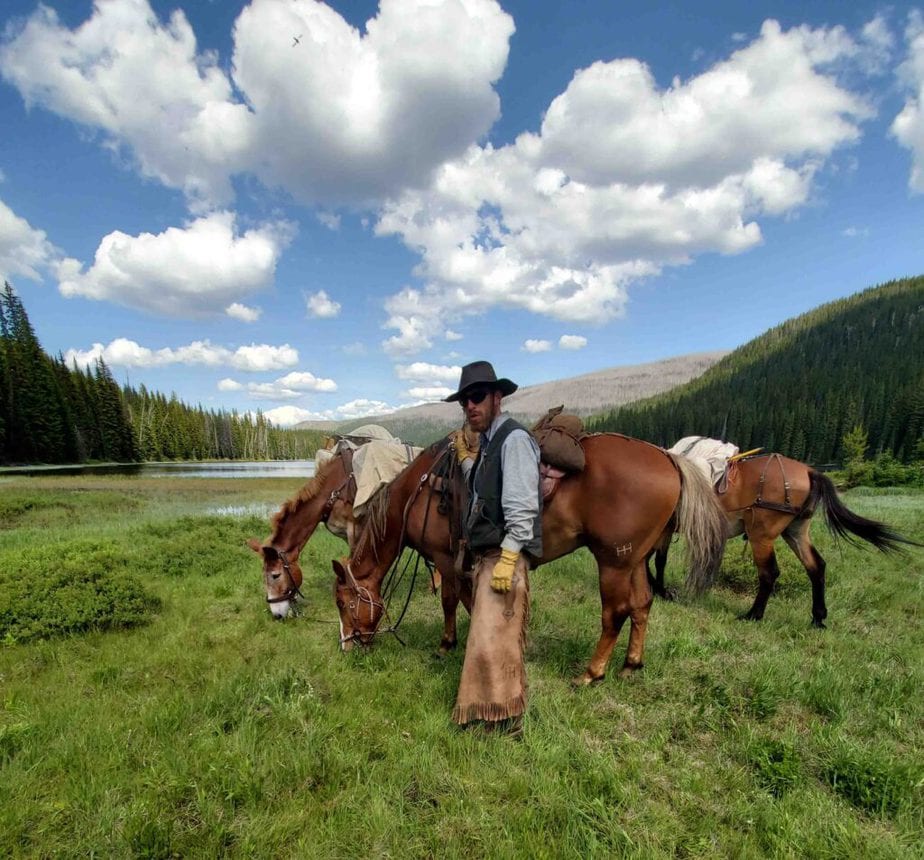
Since 2014, 144 veterans have completed the Heroes and Horses program. That is 24 veterans in three classes each year and our participants represent all four branches of the military from more than 25 states. Each participant completes our 41-day program alcohol-free with entirely without prescribed opioids or antipsychotic medications.
In December 2020, after seven years of searching for a home base, Heroes and Horses closed on a ranch in Virginia City, Montana. Here, we will build a first-of-its-kind and best-in-class Center for Human Development. This ranch will allow us to scale up our program, provide housing for volunteers and staff, and provide a space for community development. The uniqueness of this ranch will leave a profound mark on how we as people evolve, grow, and find meaning in the face of adversity. We will provide a place for people to discover what living a good life looks like to them—creating their new life by living forward with gratitude and acceptance.
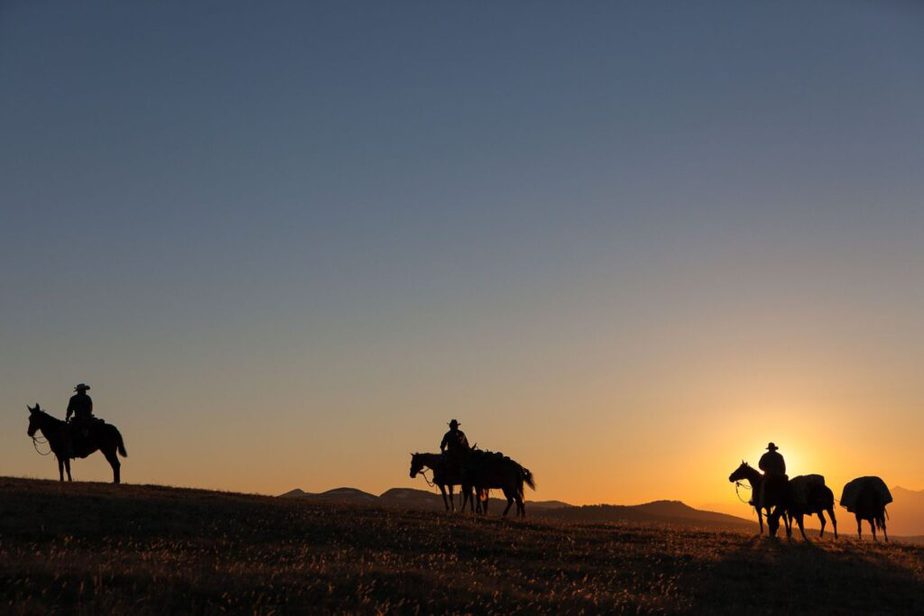
Heroes and Horses would not be possible without our supporters who have provided time, energy, and investment to help us create the space and opportunity so that change can occur.
To learn more about Heroes and Horses, or to donate to this worthy cause, please visit https://www.heroesandhorses.org/.
As an equestrian media outlet focused entirely on American horse sport, EQuine AMerica showcases the USA’s equestrian talent (both two-legged and four) in the disciplines of para dressage, dressage, hunters, jumpers, and eventing. We support and promote our nation’s fantastic equine events, products, services, artists, authors, science/tech, philanthropy, and nonprofits through our online magazine and social media platforms. Our mission is to offer you interesting/inspiring short and long-form content in a format that’s beautiful, readable, and relatable.



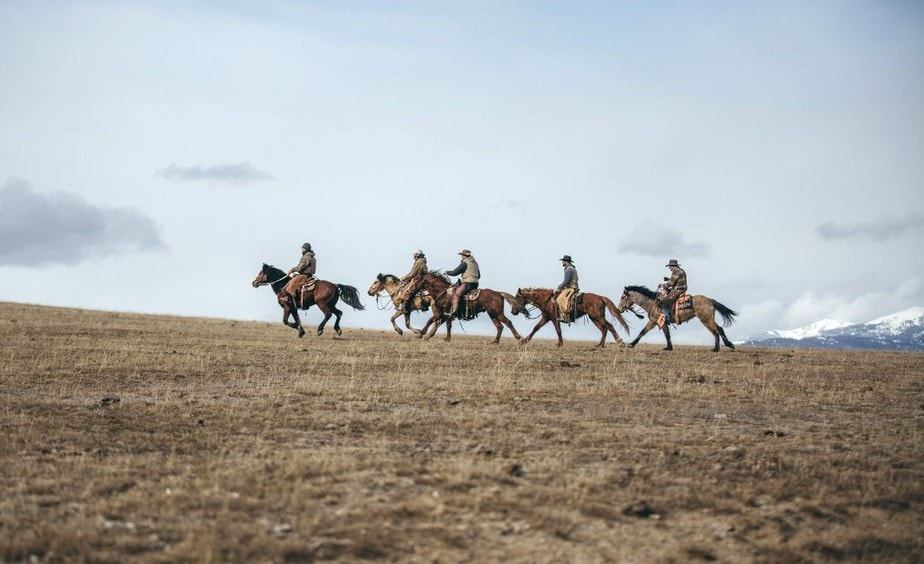
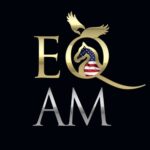
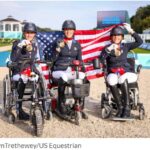



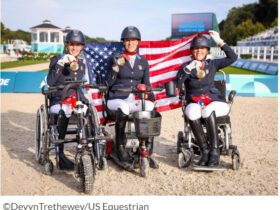
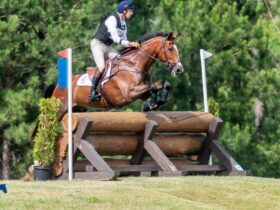


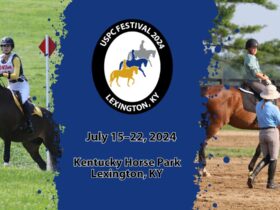

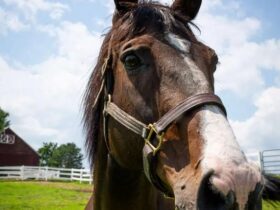
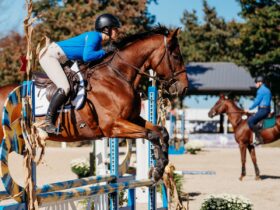

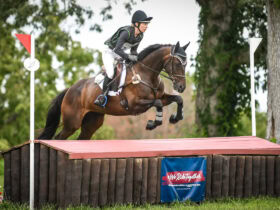
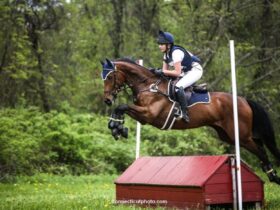


SOCIAL